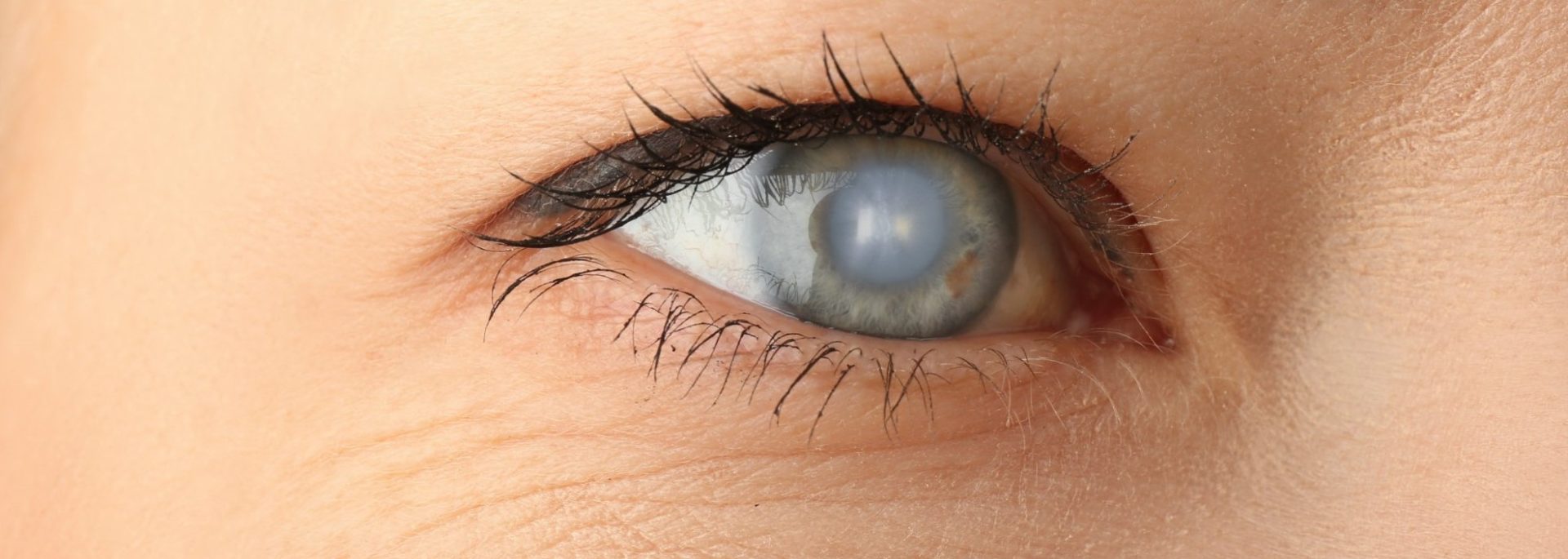Cataract surgery removes the clouded natural lens and replaces it with an artificial plastic lens. Today’s lens technology enables cataract patients to not only replace their clouded lens with a clear plastic lens, but also correct other vision issues such as nearsightedness, farsightedness, and astigmatism. Working with your ophthalmologist, you can customize the procedure to your personal vision needs using today’s advanced cataract intraocular lens technologies.
There are a few lens options for lens replacement surgery. Which intraocular lens (IOL) is right for you depends on your lifestyle as well as your vision needs. Your ophthalmologist should discuss your options and help you choose between:
Standard or Monofocal lenses:
These lenses correct for one range of focus vision only – either near or distance, but not both. The patient will continue to rely on corrective glasses or contacts for the uncorrected range of vision as well as astigmatism.
Multifocal or accommodative intraocular lenses:
Designed to give presbyopia and cataract patients clear vision for both near and far objects, so you are less dependent on glasses.
Toric intraocular lenses:
A monofocal lens that also treats astigmatism. Toric lenses also help correct distance vision, but you will likely require glasses for reading.
IOL monovision:
Two different lenses are used; one to correct near vision in one eye and one to correct distance vision in the other. The brain coordinates the two distances, giving cataract patients vision that reduces the need for glasses of any kind. Prior to this procedure, the ophthalmologist will provide you with a trial set of monovision corrective contact lenses to help predict your brain’s ability to coordinate monovision.
Am I a Candidate for Cataract Surgery with Vision-Correcting IOLs?
If you are a good candidate for cataract surgery, it is likely you are a candidate for today’s advanced vision-correcting intraocular lens technology. Your optometrist and/or ophthalmologist should perform a comprehensive eye exam to check the overall health of your eyes, evaluate whether there are reasons why you should not have surgery and identify any risk factors you might have.
As part of your comprehensive eye exam, a refraction will be performed to determine the amount of nearsightedness, farsightedness, and/or astigmatism you have prior to surgery. Other measurements will be taken to help your cataract surgeon select the proper power of the intraocular lens and give you the best vision possible after surgery.
Be aware that not everyone is a good candidate for vision-correcting IOLs and choosing some IOL technologies will increase the out-of-pocket cost of your cataract surgery, since the added cost of these advanced lens implants may not be covered by Medicare or other insurance plans. It is important to discuss your options with your surgeon.
Is Cataract Surgery with Vision-Correcting IOLs Safe?
Cataract surgery is a very safe procedure, with nearly 98 percent being performed without serious complications. In fact, a recent study of more than 200,000 Medicare beneficiaries who underwent cataract surgery between 1994 and 2006 found that 99.5 percent of patients had no severe postoperative complications. Advances in surgical tools and techniques are helping to further reduce the already rare risk of serious complications from cataract surgery. All cataract surgeries involve the implantation of an artificial lens – called an intraocular lens or IOL. Therefore, cataract surgery with vision correcting intraocular lens technology carries a similarly low-risk profile of all cataract surgery. That said, all surgery comes with a degree of risk – even a very small one – and you and your eye surgeon should discuss your procedure in detail so you can make the best decision for you and your vision.
While complications after cataract surgery are uncommon, the good news is that most can be treated successfully. Your personal medical history and eye health may contribute significantly to your risk of complications from cataract surgery.
A potential complication of cataract surgery with vision correcting IOLs is residual halos, glare, and blurry vision specifically from the placement of the lens or the lens itself. It is important to discuss all of your medical history and, specifically, any eye problems you may have before making the decision to have cataract surgery.
This information is provided by the Refractive Surgery Council.
LASIK and Cataract Surgeon, Dr. Neil B. Griffin, has been named a top cataract surgeon by Precision Eye Services. He has also received multiple local distinctions, including Best Laser Vision Surgeon from the South Strand News, Best Ophthalmologist, Best Laser Eye Surgeon from the Myrtle Beach Herald from 2018 to 2022, Best Ophthalmologist and Laser Eye Surgeon from the Carolina Forest Chronicle 2019 to 2022, Best Vision Center, Conway Independent, 2021-2022, and Best Ophthalmologist and Laser Vision Surgeon, North Strand News Readers’ Choice Award 2019 to 2022.
Griffin Eye Center offers the latest in cataract surgery with the most advanced Intra-Ocular Lenses available and the new Light Adjustable Lens for cataract surgery. The clinic has a state-of-the-art on-site LASIK suite for the best Laser Vision Correction possible and offers more options for individualized Laser Vision Correction.
Dr. Griffin is a leading ophthalmologist and specializes in cataract and LASIK surgery in Myrtle Beach, South Carolina. He is committed to providing world class surgical technology and the most advanced vision diagnostics to the South and North Carolina Area. His patients come from all over for LASIK and Cataract surgery. Some areas like Myrtle Beach, Murrells Inlet, Georgetown, Little River, South Carolina, and Calabash, Shallotte, North Carolina.
Learn more about cataract surgery or contact us at https://griffineyecenter.com/
